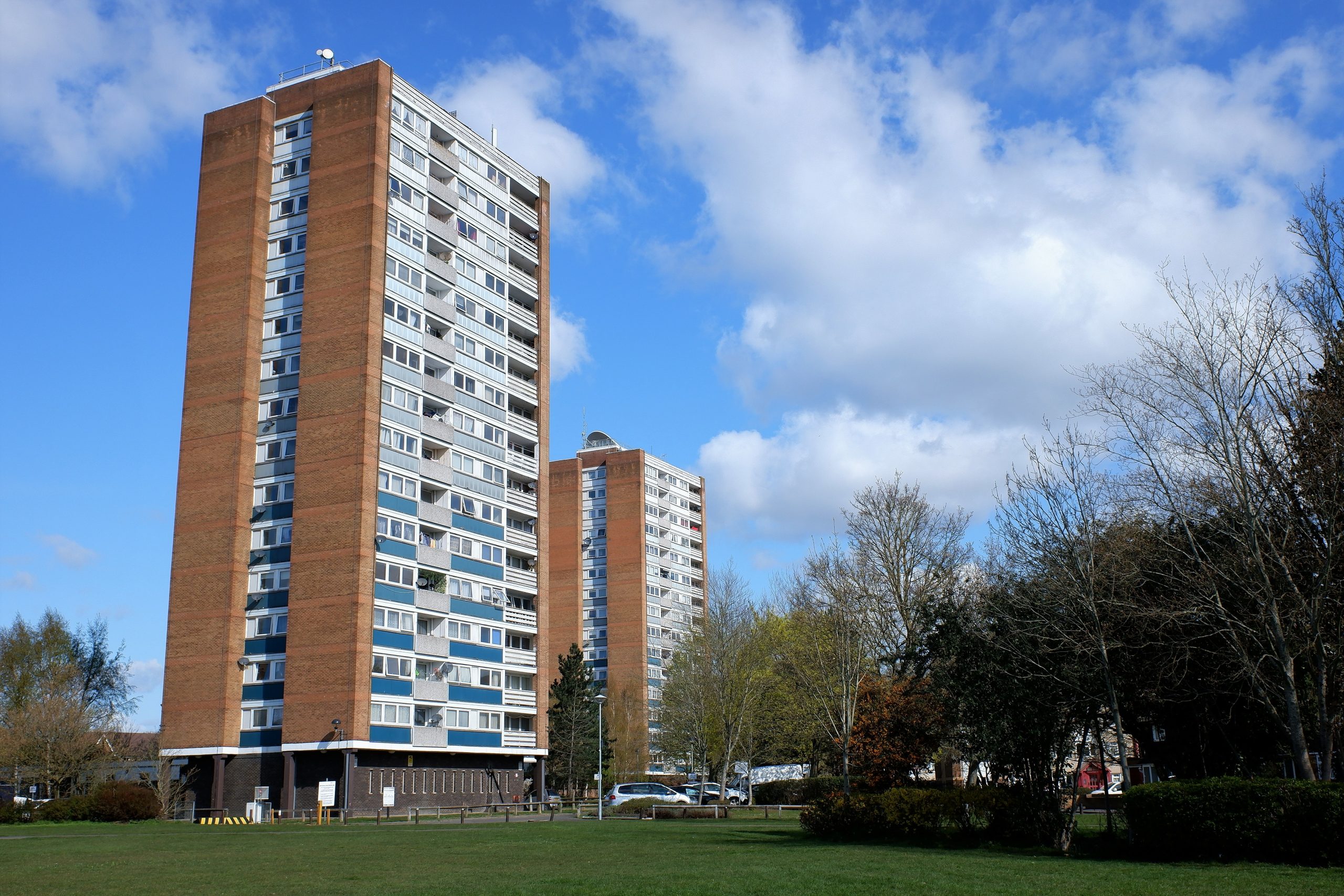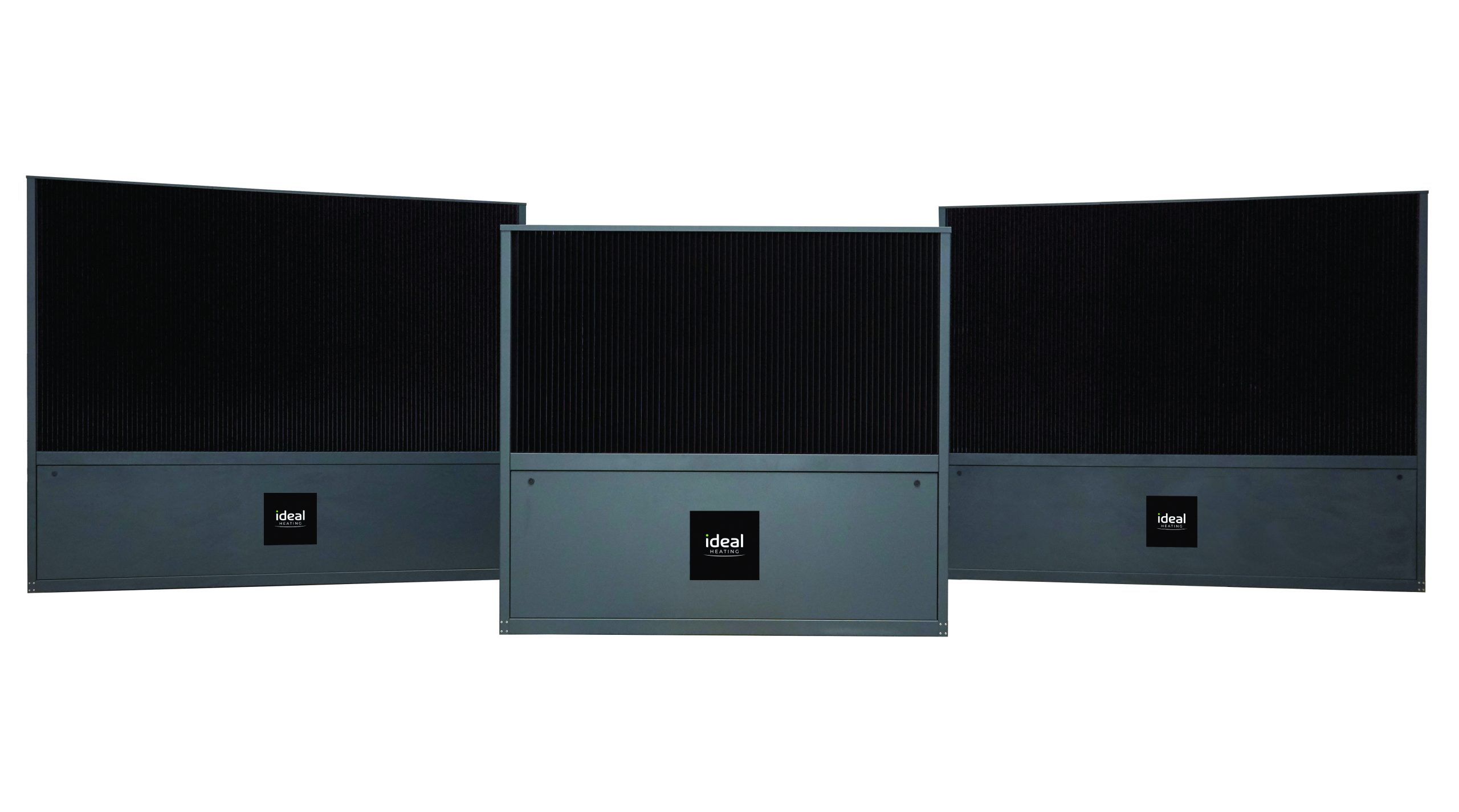How Wireless Infrastructure Supports the UK’s Most Vulnerable

As a charity, Framework Housing Association supports thousands of individuals with complex needs. Its services are available 24 hours a day, seven days a week, 365 days a year, so a robust, secure and reliable IT network is essential to provide the best support possible. However, rising demand for the organisation’s services and a major ransomware attack during the pandemic highlighted significant issues with its IT infrastructure.
Senior leaders decided to modernise and embark on a period of accelerated digital transformation. Central to this new digital strategy was conducting a thorough review of its Microsoft estate and implementing a wireless network that ensures its services are continuously available to some of the UK’s most vulnerable people.
Simon Kane, Head of IT, Framework, said: “Supporting such a diverse group of people requires uninterrupted network connections, no matter the time of day or night. Our staff need access to critical information such as medical records, doctors’ notes or methadone prescriptions. We can’t afford network outages or a poor internet connection because this puts people at risk.”
About Framework
Framework is a registered charity and supported housing association working across the East Midlands, including its head office in Nottingham and services across Derbyshire, Lincolnshire, Sheffield and Nottinghamshire.
It provides services in four main areas – housing support, health and social care, employment support, and support and care. Framework works with a range of individuals, including those facing homelessness, people dealing with addiction or mental and physical health issues and anyone who is disadvantaged or has been excluded and wants to learn new skills.
The organisation has an estimated 3,000 tenants across the East Midlands and deals with more than 18,000 individuals annually. Since its inception, the charity has helped house more than 2,400 people, supported an estimated 7,700 people with drug, alcohol or mental health issues and offered training and employment services to over 2,200 individuals.
The Challenge
Imagine the scenario – you’re a support worker on the night shift, and a tenant comes to you with a medical emergency. You urgently need access to their medical records, but there’s a system outage, and you can’t access any of their information. The consequences are unthinkable, but this is precisely the situation some Framework employees found themselves in.
A shift from Citrix to Microsoft Azure Virtual Desktop (AVD) was supposed to help staff, but constant disruption and system downtime meant that, at times, many of Framework’s 1,300 users couldn’t access their internal network. Due to the lack of access, staff kept paper notes, meaning there was no way of tracking interactions with tenants, which led to confusion and siloed information.
The organisation was operating on inconsistent wireless connections and legacy technology. Framework acknowledged the need for a trusted IT partner that could optimise its Microsoft estate and enable the charity to become a cloud-first housing association.
Simon added: “As soon as we met the team from Principle Networks, we felt confident they were the right fit for us. They understood our challenges and the importance of the services we are trying to deliver.”
The Method
Initially, Principle Networks worked with Framework to review its use of AVD and identify areas for improvement. The project team created a plan to optimise the oganisation’s usage of Azure, which would reduce monthly costs and limit downtime.
However, with more than 50 sites across the East Midlands, communication between the different branches of Framework’s network and various external bodies is vital. So, Principle Networks also developed a strategy to implement high-speed, reliable SD-WAN architecture into each Framework site.
As part of the implementation plan, it was agreed Principle Networks would be responsible for all infrastructure, software licences, servers, and Microsoft AVD, which meant all existing architecture would need rebuilding and migrating to the cloud.
Central to the rebuild was establishing what was needed to move away from traditional legacy systems and service models and introduce technology-centric solutions to better cater for Framework’s tenants and communities. Principle Networks worked with the organisation’s IT team to design a network that was fit for purpose and met the unique needs of its clients.
Simon said: “Our team are not IT professionals. They’re specialist support workers, so a smooth transition to the new network was imperative. Principle Networks ensured there was little to no disruption and delivered a first-class service.”
The Results
The new infrastructure implemented by Principle Networks led to a significant reduction in the number of AVD-related issues reported by Framework staff.
From January to December 2022, Framework’s IT service desk received over 2,200 tickets relating to AVD issues, an average of more than 180 per month. Principle Networks assumed control of Framework’s Wide Area Network in June 2023. In the six months between June and December 2023, only 554 tickets were logged, a year-on-year reduction of 59%.
These improvements have enabled Framework to enhance the quality of service it delivers to clients and help widen its network to support more people in need. The results were so impressive that Framework awarded Principle Networks control of 53 further sites in January 2024.
Simon concluded: “Before working with Principle Networks, our IT service desk was experiencing a high volume of AVD-related tickets. Within six months of implementing the new infrastructure, we reduced that number by more than half, ensuring our clients received the best possible support.”

